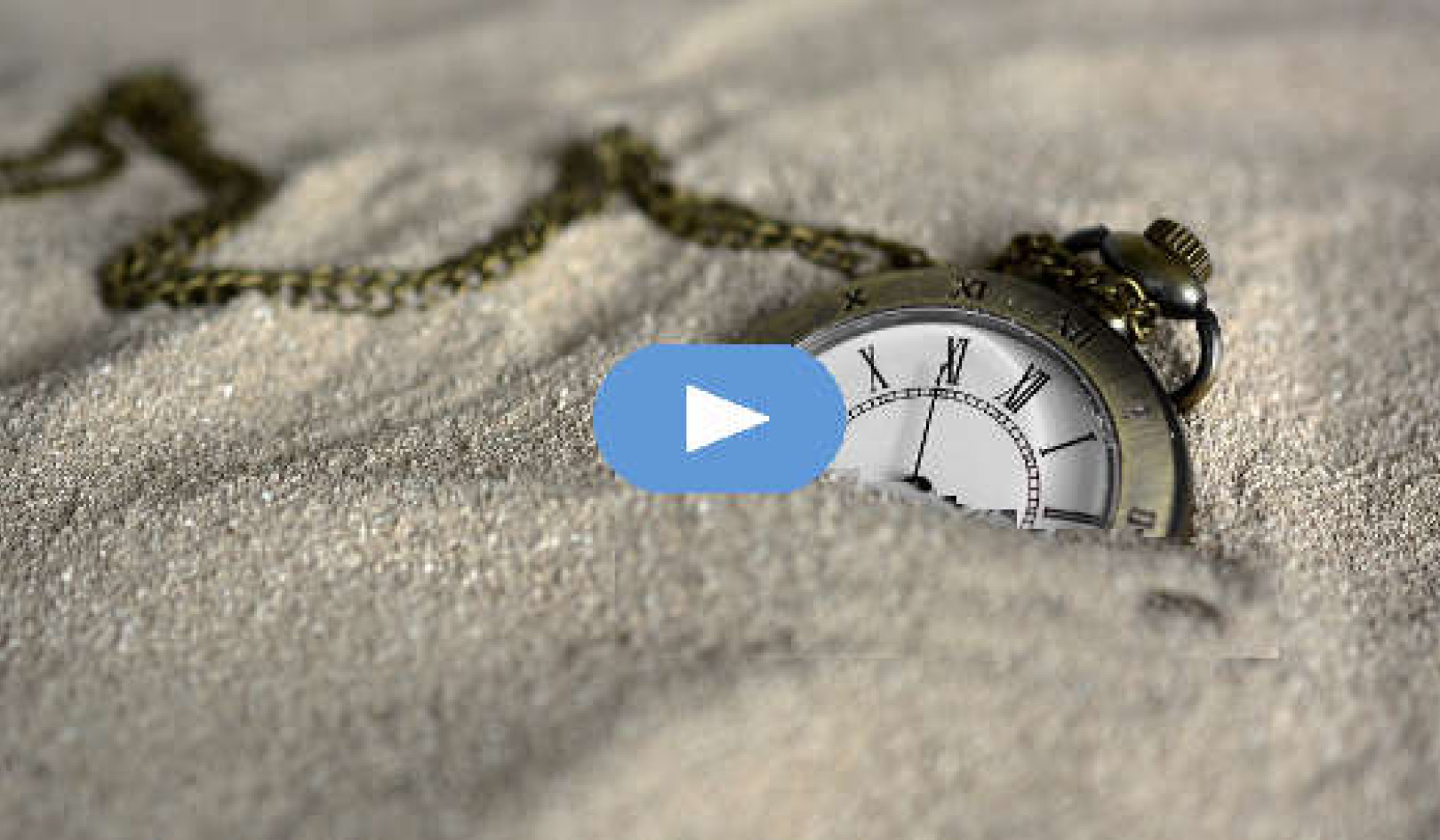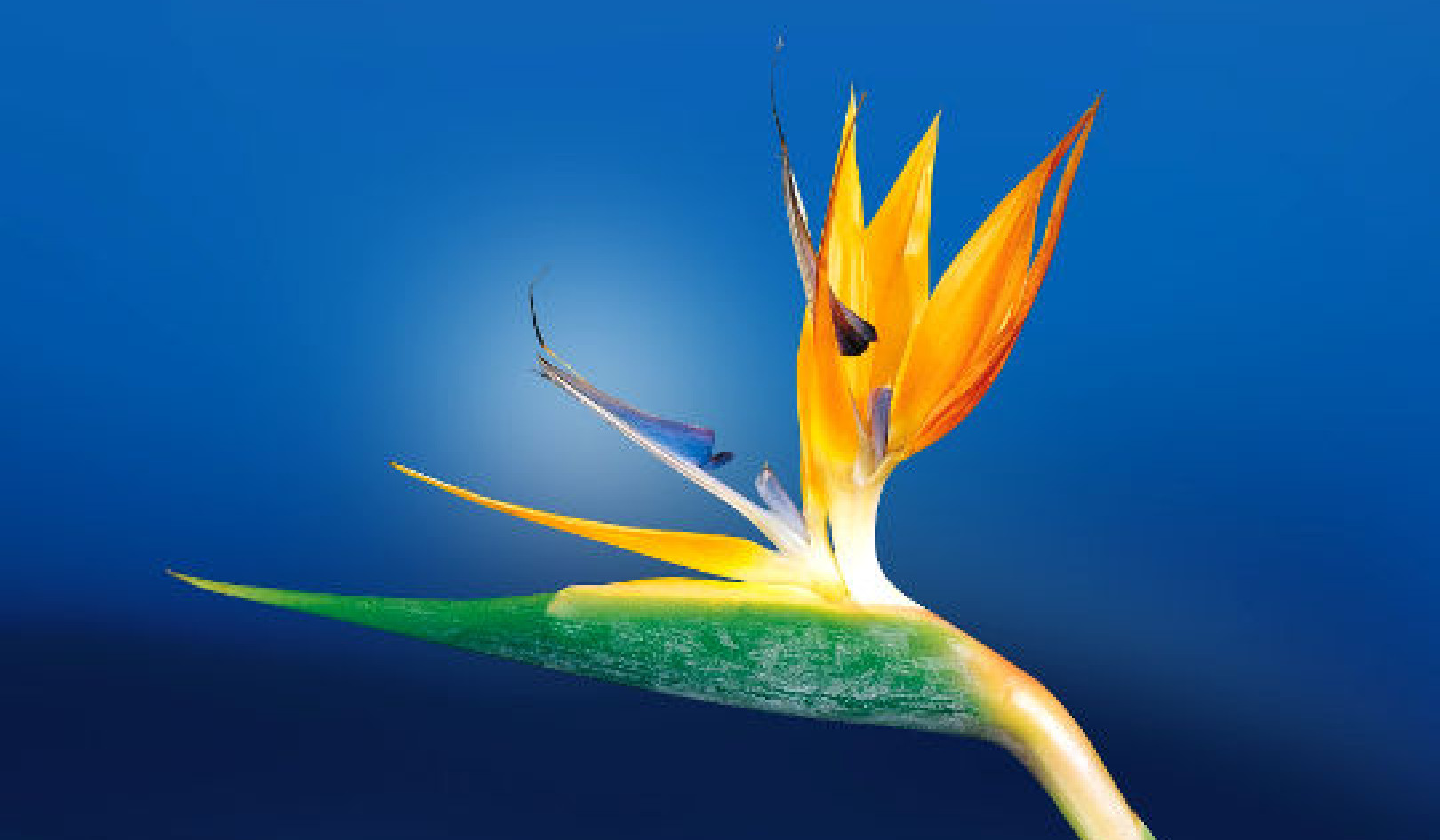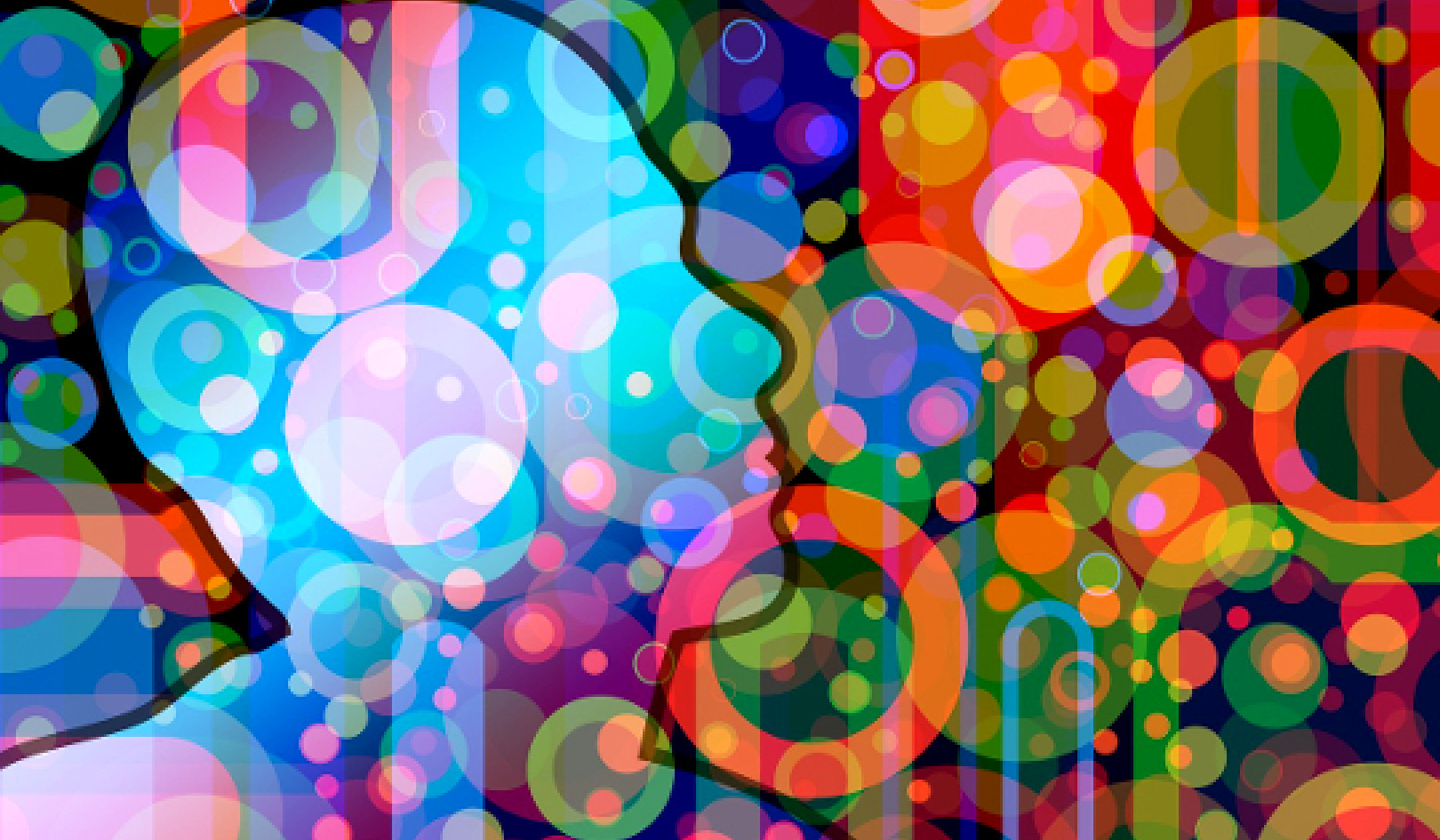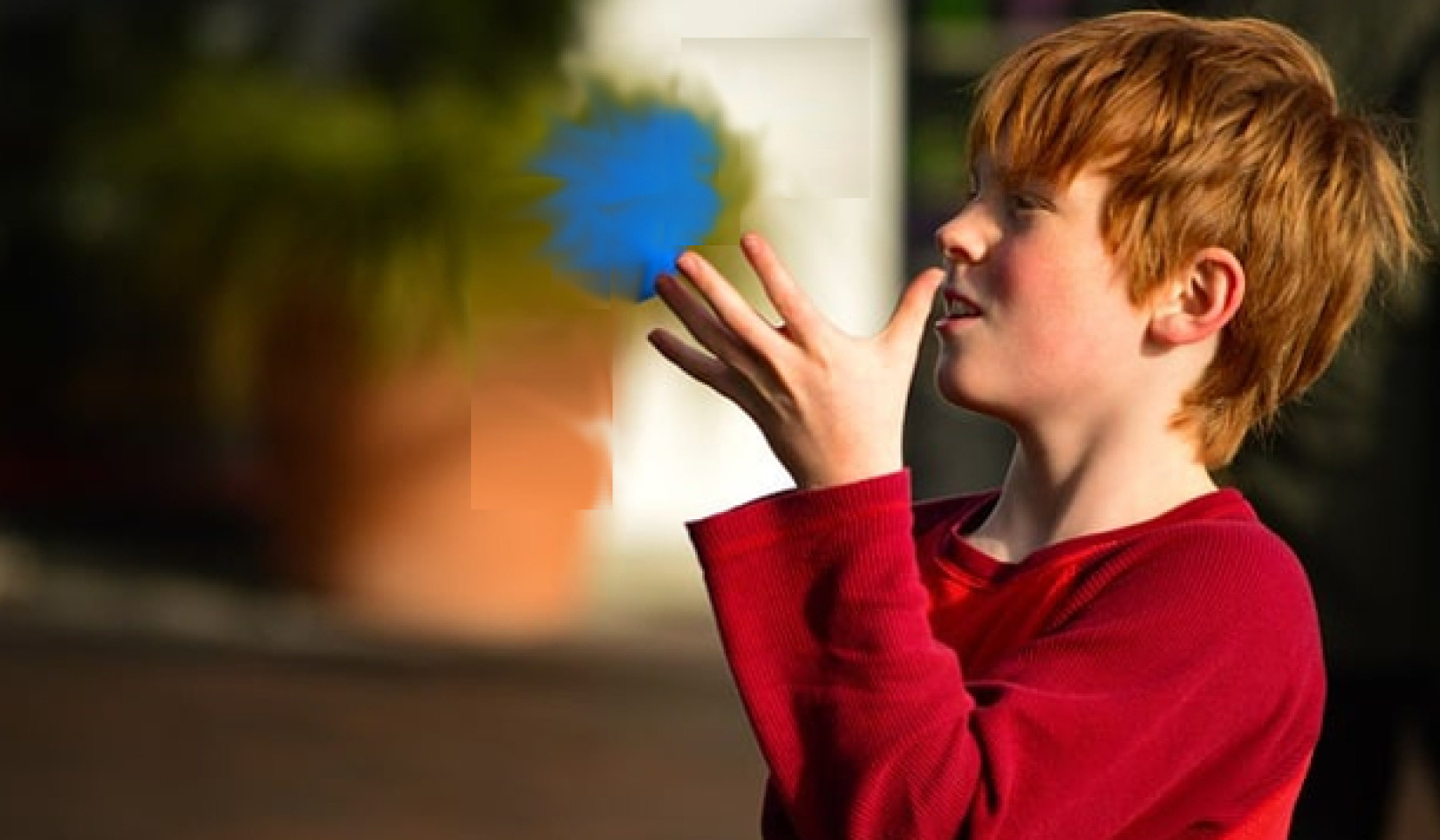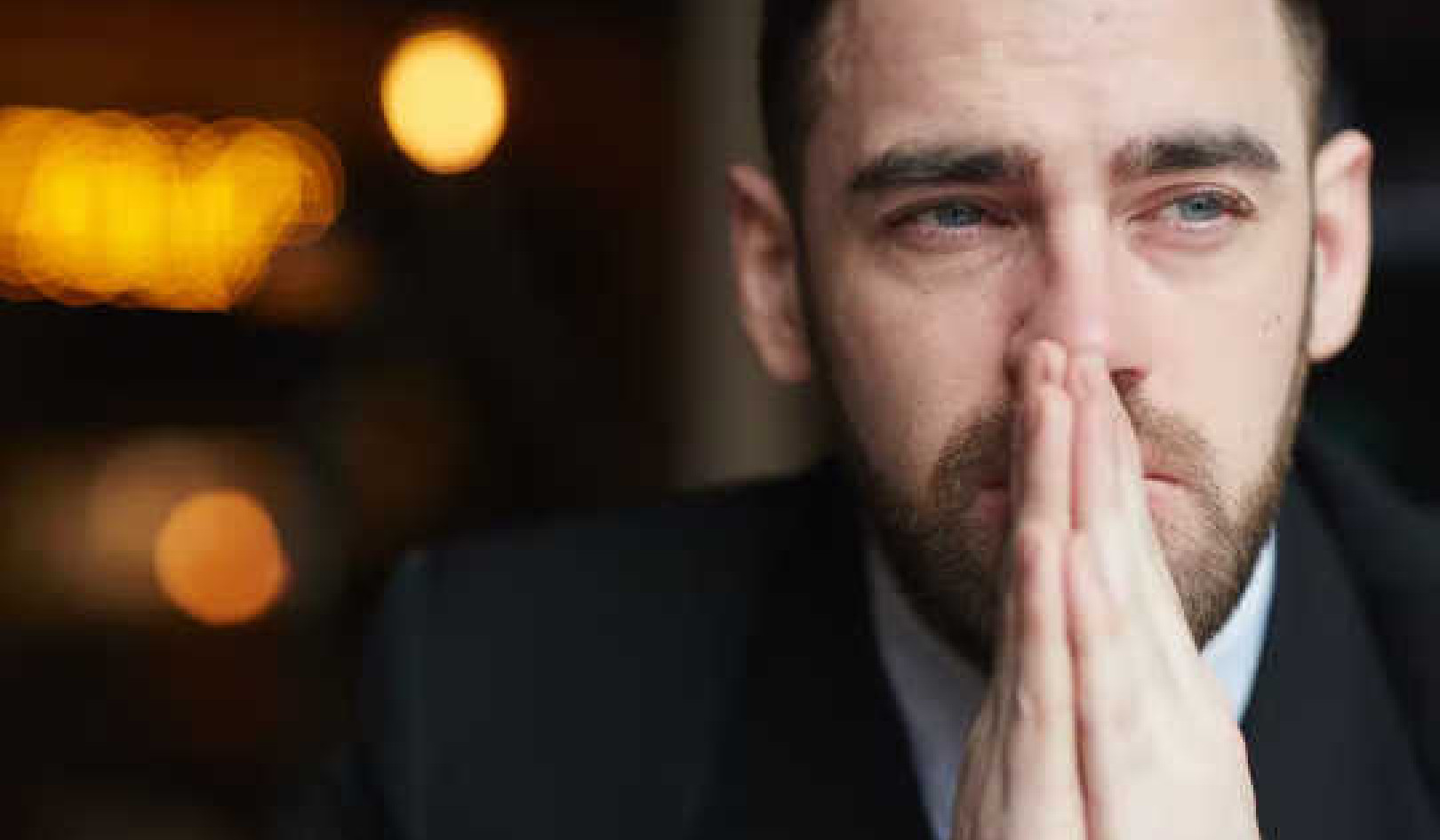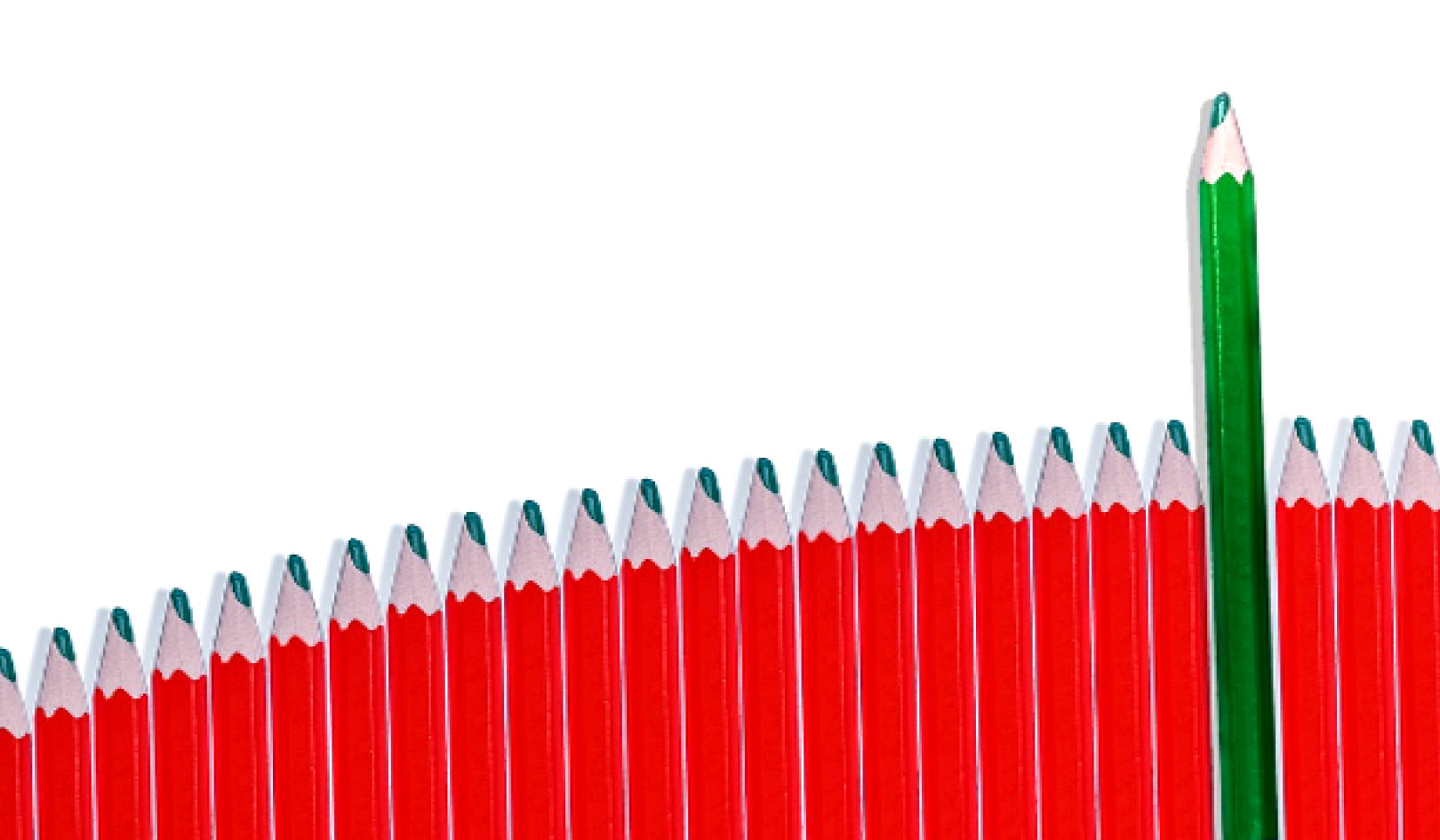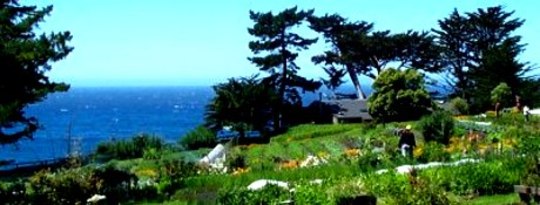
Once you’re determined to enter more deeply into your life and to reap the benefits of such a move, there is only one place to start, and only one time to begin. You start in your awareness. And you begin now.
Emerson, in an address titled “The Method of Nature,” offers imagery that may help you to find and define the full scope and size of awareness. He suggests that you could envision experiencing your world as a rushing stream, even as a waterfall with such volume and power that its surface of cascading drops and sheets and rivulets appears smooth. Encountering this cataract without some preparation and understanding may be overwhelming, notes Emerson.
“If anything could stand still, it would be crushed and dissipated by the torrent it resisted, and if it were a mind, would be crazed; as insane persons are those who hold fast to one thought and do not flow with the course of nature.”
Yet being overwhelmed is just one possibility in encountering the flow of experience within awareness, and Emerson immediately offers a counter-description. He calls it the “dance of the hours” and describes it as graceful, complete, and balanced in beauty.
In entering the vast wildness and stillness of awareness, then, the recommended disposition seems clear: a way of being that promises not only survival, but also joy. In this way we could notice our resistance and work with it to better “flow with the course of nature.” As well, it would be a way of openness and respect for experience as it is — a way of love. Such a way is only possible, only workable, in the present moment.
Life Happens in the Present Moment
We can bridge (over the rushing stream) from Emerson to Thoreau at this point. The present moment was Thoreau’s great theme in his Walden experiment. He defines it as the line of meeting of two great eternities, the past and the future. In contemporary parlance, we could say that the present moment is the only time in which our life happens and in which we can share it with others. This line of meeting is easy enough to find. The challenge is finding a way to stay there.
 Mindfulness practice is the attempt to “toe that line,” as Thoreau put it in Walden’s “Economy” chapter. Whether hoeing beans, walking the woods, reading, writing, or just sitting in the cabin’s doorway throughout the morning, he kept his toes as close as he could to that moving target — providing a continual opportunity to flow with and stay open to his unfolding experience of life. This is a wonderful undertaking, to choose to pay attention to your ongoing experience as it rushes, falls, and dances from moment to moment.
Mindfulness practice is the attempt to “toe that line,” as Thoreau put it in Walden’s “Economy” chapter. Whether hoeing beans, walking the woods, reading, writing, or just sitting in the cabin’s doorway throughout the morning, he kept his toes as close as he could to that moving target — providing a continual opportunity to flow with and stay open to his unfolding experience of life. This is a wonderful undertaking, to choose to pay attention to your ongoing experience as it rushes, falls, and dances from moment to moment.
Discovering Mindfulness: It's Up to You and You Alone
The life of the Buddha is an ancient story, enchanting in its mythic and psychic resonances, and alive in its historical reality. A prince, Siddhartha Gautama, is raised in royal retreat from the pains of the world. His father ensures that he sees only beauty and cannot witness suffering or death. Yet the prince intuits that there is more to the life of the world than satisfaction and sensual pleasure.
At last, approaching the age of thirty, he comes face-to-face with reality in the three forms of an old person, a diseased person, and a corpse. He understands that he too must come to this. Then he sees a religious ascetic, and his path opens up for him. On a day of joy, at the birth of his son, he leaves the palace to follow the ascetic disciplines in hope of transcendence.
He spends the next six years wandering. He studies every doctrine and system of thought with the wisest of teachers. He practices dramatic austerities that leave his body emaciated and broken. But he comes at last no nearer to the truth of life that he was seeking. It’s up to him, alone.
He cleans himself up, eats a little, and sits down under a fig tree to work it out for himself. He does: he wakes up; the light goes on.
©2012 by Donald McCown and Marc S. Micozzi.
Reprinted with permission of the publisher, Healing Arts Press,
a division of Inner Traditions International. www.HealingArtsPress.com
This article was adapted with permission from the book:
New World Mindfulness -- from the Founding Fathers, Emerson, and Thoreau to your Personal Practice -- by Donald McCown and Marc S. Micozzi, M.D., Ph.D.
 Dispelling the two big myths of mindfulness -- that it is an “exotic” activity and that it requires you to “slow down and find more time” -- the authors reveal a high-speed form of contemplation ideal for even the busiest lives. Exploring the physiological impact of mindfulness practices for stress, anxiety, depression, and coping with serious illness and major life changes, the authors show that mindfulness is not about being silent and alone -- it can even be practiced as a family or community.
Dispelling the two big myths of mindfulness -- that it is an “exotic” activity and that it requires you to “slow down and find more time” -- the authors reveal a high-speed form of contemplation ideal for even the busiest lives. Exploring the physiological impact of mindfulness practices for stress, anxiety, depression, and coping with serious illness and major life changes, the authors show that mindfulness is not about being silent and alone -- it can even be practiced as a family or community.
Click here for more info or to order this book on Amazon.
About the Authors
 Donald McCown is assistant professor of integrative health at West Chester University of Pennsylvania and the former director of the Mindfulness at Work program at the Jefferson-Myrna Brind Center of Integrative Medicine. Coauthor of Teaching Mindfulness, he also teaches advanced mindfulness courses for the general public, and teaches clinicians to teach mindfulness. He maintains a practice of mindfulness-based psychotherapy and teaches in the post graduate marriage and family therapy program at Council for Relationships in Philadelphia. He has particular clinical and research interest in the use of mindfulness in working with adolescents and adults with developmental disabilities and their families, and with artists and professionals negotiating anxiety and depression in their lives.
Donald McCown is assistant professor of integrative health at West Chester University of Pennsylvania and the former director of the Mindfulness at Work program at the Jefferson-Myrna Brind Center of Integrative Medicine. Coauthor of Teaching Mindfulness, he also teaches advanced mindfulness courses for the general public, and teaches clinicians to teach mindfulness. He maintains a practice of mindfulness-based psychotherapy and teaches in the post graduate marriage and family therapy program at Council for Relationships in Philadelphia. He has particular clinical and research interest in the use of mindfulness in working with adolescents and adults with developmental disabilities and their families, and with artists and professionals negotiating anxiety and depression in their lives.
 Marc S. Micozzi, M.D., Ph.D., is adjunct professor of physiology and biophysics at Georgetown University School of Medicine and the founding director of the Policy Institute for Integrative Medicine in Washington, D.C. Trained as both a medical physician and an anthropologist, Dr. Micozzi was the founding editor of the Journal of Alternative and Complementary Medicine. He is the author and editor of Fundamentals of Complementary & Alternative Medicine and coauthor of The Spiritual Anatomy of Emotion.
Marc S. Micozzi, M.D., Ph.D., is adjunct professor of physiology and biophysics at Georgetown University School of Medicine and the founding director of the Policy Institute for Integrative Medicine in Washington, D.C. Trained as both a medical physician and an anthropologist, Dr. Micozzi was the founding editor of the Journal of Alternative and Complementary Medicine. He is the author and editor of Fundamentals of Complementary & Alternative Medicine and coauthor of The Spiritual Anatomy of Emotion.



















